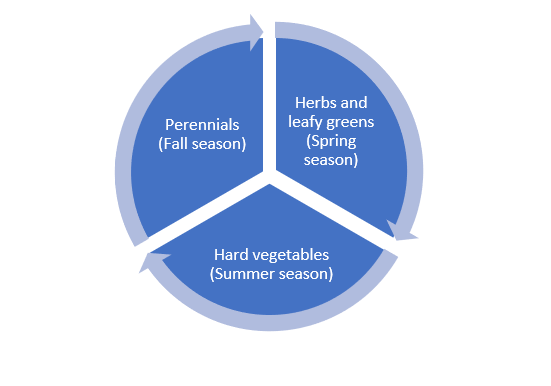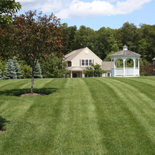
There’s never a bad time to start your home gardening project. Although, you may have major concerns regarding when to plant, how to protect your crops, or even how to give your garden the proper care it needs. Fortunately, we’re sharing five tips that will help answer any questions you have when it comes to creating a thriving home garden.
1. Raised Garden Beds Can Protect Your Plants
Gardens provide a lot for you, and they only ask for one thing in return – your protection. The best way to protect your garden is by erecting a retaining wall. Retaining walls can be used to raise your garden bed which is an easy way to protect your delicate flowers and vegetable gardens from dangers like:
- Soil erosion caused by weak soil or excess water that allows the soil to liquidate and move away from your crops.
- Pest infiltration from insects such as slugs and snails that typically eat your plant’s roots from beneath the ground.
- Weed infestation by segregating the soil used for your garden and limiting the likelihood of weed seeds germinating.
2. Choose Your Plants for the Right Season
After establishing the area you’d like to plant in, it’s time to choose what crops you’d like to grow. From shrubs and vines to seasonal vegetables and perennials, there’s a lot that goes into the selection process. It all depends on what you’d like to have in your garden and what season you’re planning for.

3. Soil is the Backbone to Your Garden
It’s important to understand exactly why soil is essential and which type of soil is right for you. It’s natural ability to absorb oxygen and water from the atmosphere links directly to plant growth and acts as a safe habitat by creating relationships between plants and organisms. The soil provides essentials like:
- Anchorage
- Oxygen
- Insulation
- Water
- Nutrients
4. Avoid Chemicals That Are Harmful to the Environment
Fertilizers and weed killers are very effective for gardens but can have adverse side effects to the soil and the surrounding environment, including your pets. Chemicals can halt basic soil processes that help generate nutrients and collect water that can be detrimental to plants in the long-term. There are many options to explore to get the same job done as these tools:
- Organic fertilizers/pesticides
- Manual removal of weeds
- Biological pest control
- Walls, covers, etc.
5. Pruning is Essential but Different for Each Plant
Most plants need to be pruned at some point to keep them from growing too large and drying up your garden’s soil. However, each type of plant prefers to be pruned during different times of the year.

Gardens make an excellent addition to any property— and they look the best with some beautiful hardscaping to go with it. If you’re looking for help on maintaining your garden, or need supplies to get you started, contact the professionals at Greener Horizon. Our promise to you is designed to make our services as seamless and easy as possible.






